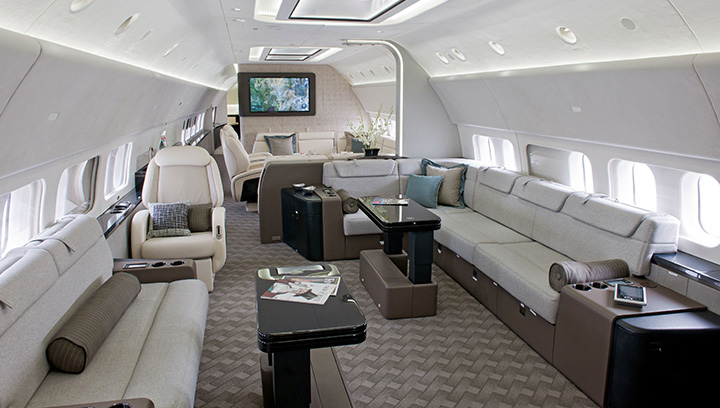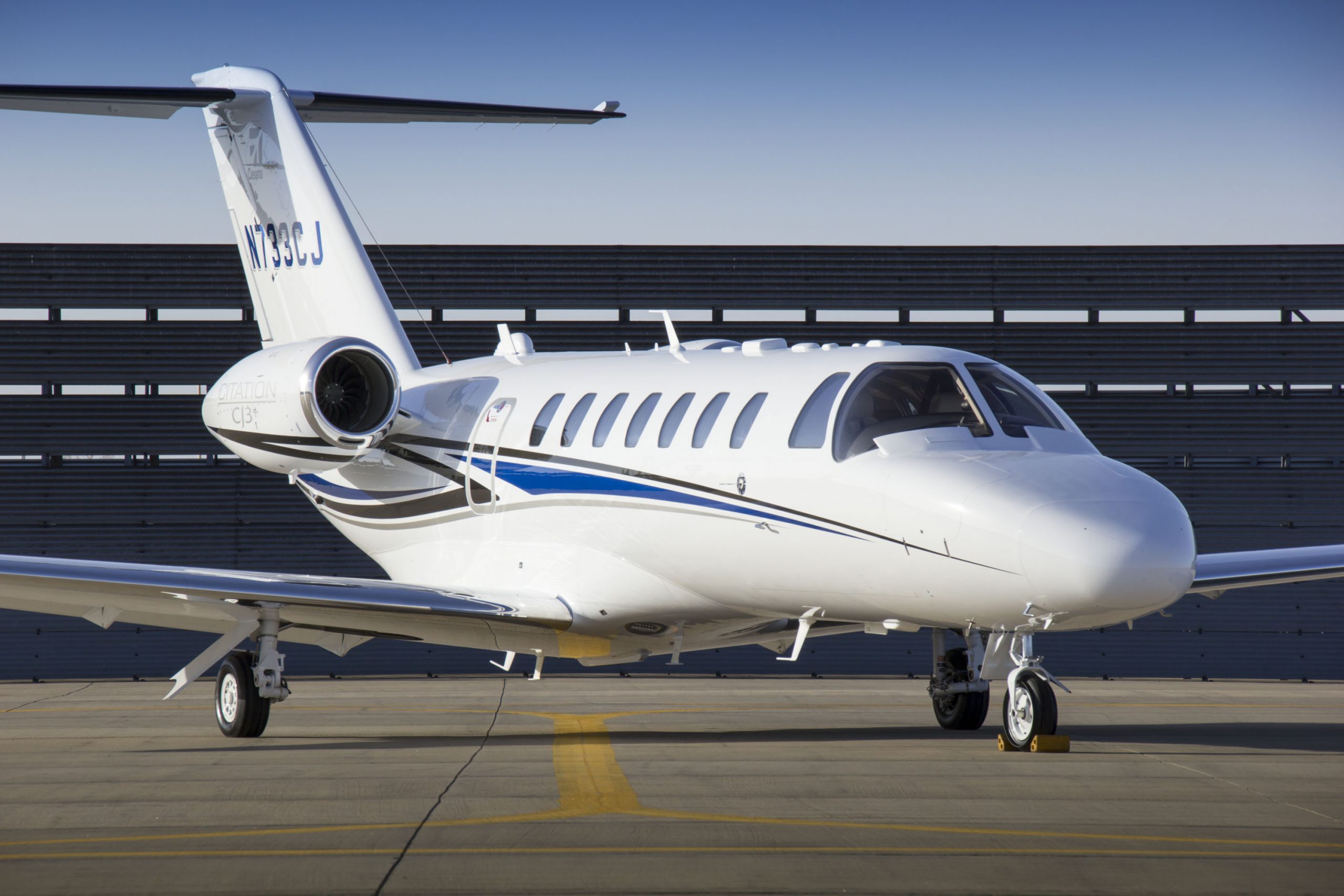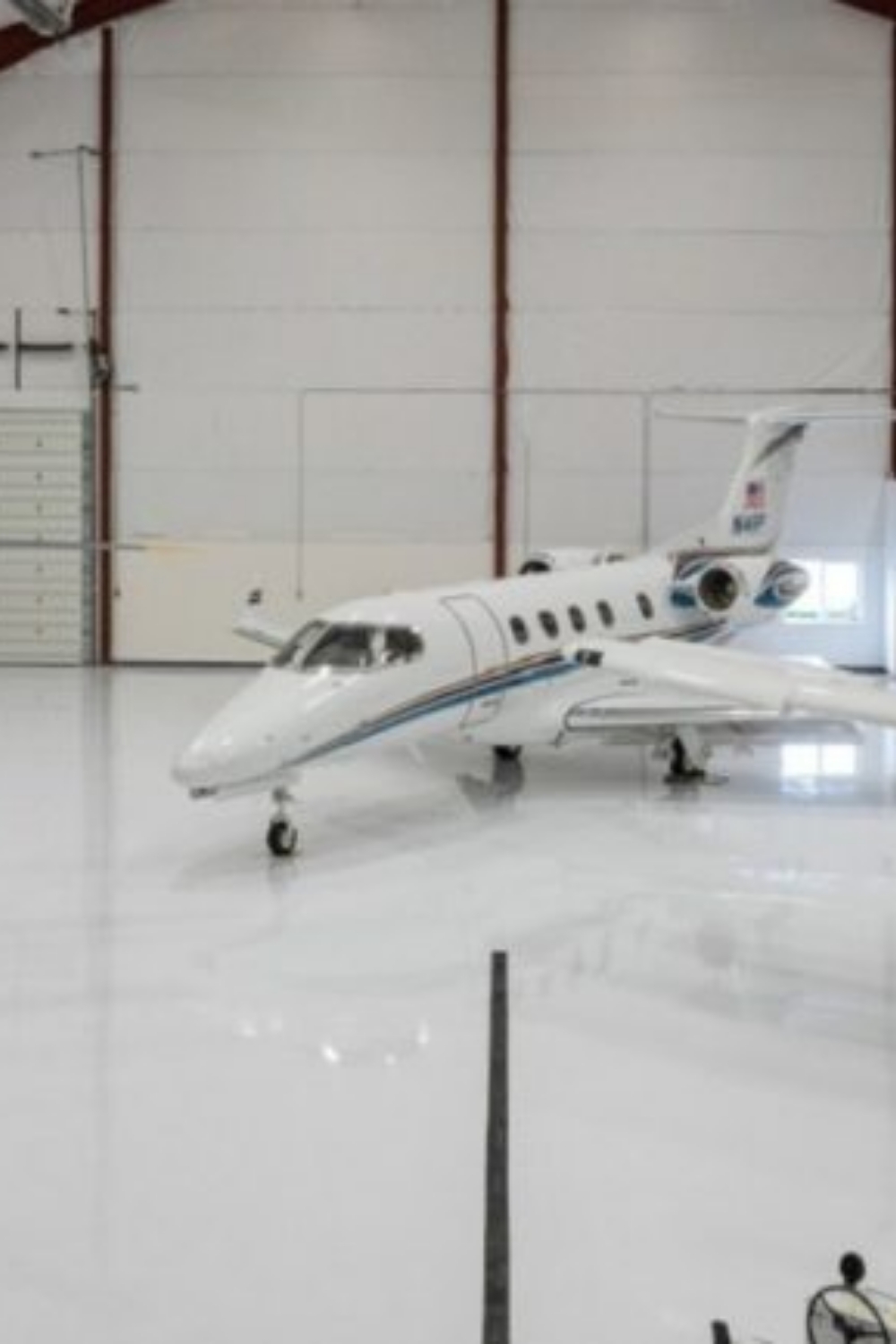As a seasoned business leader, I’ve had the privilege of experiencing the transformative power of private jet travel first-hand. Whether it’s the ability to maximize my productivity during long-haul flights, the convenience of flying on my own schedule, or the sheer comfort and luxury of a private aviation experience, the benefits of utilizing private jets for business travel have become increasingly evident to me over the years.
However, I also recognize that the cost of private jet charter can be a significant financial consideration, and one that requires careful evaluation to ensure it aligns with the strategic objectives of your organization. The hourly rates, positioning fees, and ancillary expenses associated with private jet travel can quickly add up, and it’s crucial to weigh the potential return on investment against the upfront costs.
In this comprehensive guide, I’ll delve deep into the true cost of private jet travel for business and explore the various factors that can impact your bottom line. More importantly, I’ll provide you with a detailed analysis of the potential advantages and drawbacks, empowering you to make an informed decision that best serves the needs of your enterprise.
Whether you’re a small-to-medium-sized business owner looking to optimize your team’s travel efficiency or a large corporation seeking to enhance your executive’s productivity and comfort, this article will equip you with the knowledge and insights needed to navigate the world of private aviation with confidence.
Unlocking the Benefits of Private Jet Travel for Business
Before we dive into the financial considerations, it’s essential to understand the tangible benefits that private jet travel can offer to your business. By exploring these advantages, you’ll be better positioned to assess the true value proposition and determine if the investment in private aviation aligns with your strategic priorities.
Increased Productivity and Efficiency:
Private jets offer a distraction-free environment, allowing your executives and key personnel to maximize their productivity during travel time.
With the ability to work, hold meetings, or simply rest and recharge, your team can arrive at their destination better prepared and more focused on the task at hand.
Flexibility and Responsiveness:
Private jet travel enables you to adjust your schedule and itinerary on short notice, granting you the agility to respond to emerging business opportunities or urgent matters.
By bypassing the constraints and delays of commercial aviation, you can optimize your team’s time and ensure they’re available when and where they’re needed most.
Elevated Customer and Client Experience:
Providing your most valuable clients or customers with the opportunity to travel by private jet can be a powerful differentiator, strengthening your relationships and fostering a deeper sense of loyalty.
The level of comfort, exclusivity, and personalized service associated with private aviation can leave a lasting impression and contribute to the overall perception of your brand.
Enhanced Health and Well-Being:
The stress and fatigue associated with commercial air travel can take a toll on your team’s physical and mental well-being, potentially impacting their performance and overall job satisfaction.
Private jet travel eliminates many of these pain points, allowing your executives to arrive at their destination refreshed and ready to tackle the challenges at hand.
Confidentiality and Privacy:
Private jets offer a secure and discreet environment, ensuring that sensitive business discussions, negotiations, or other confidential matters remain protected from prying eyes and ears.
This level of privacy can be particularly valuable for organizations dealing with high-profile clientele or operating in sensitive industries.
Weighing the Costs: Understanding the Financial Implications of Private Jet Travel
Now that we’ve explored the potential benefits of private jet travel for your business, it’s time to delve into the financial considerations. As with any significant investment, it’s crucial to have a comprehensive understanding of the various cost factors involved to ensure that the decision aligns with your budgetary constraints and financial objectives.
Hourly Charter Rates
The hourly charter rate is the foundation of the overall cost of private jet travel. These rates can vary significantly, depending on the size and type of aircraft, as well as the specific provider and market conditions.
As a general guideline, you can expect to pay anywhere from $1,500 to $10,000 or more per hour for a private jet charter, with the lower end of the range typically associated with smaller turboprop or light jet aircraft, and the higher end reserved for larger, more luxurious business jets.
To provide a more concrete example, let’s consider a round-trip flight from New York to Los Angeles, a distance of approximately 2,500 miles. Assuming a mid-size jet with an hourly rate of $4,500, and a total flight time of 10 hours (5 hours each way), the base charter cost for this trip would be $45,000.
Positioning Fees
In addition to the hourly charter rate, you’ll also need to factor in any positioning fees that may apply. Positioning fees cover the cost of the aircraft flying to your desired departure location, as well as the return flight to the operator’s home base.
Depending on the distance of the positioning flights, these fees can add several thousand dollars to the overall cost of the charter. For instance, if the private jet needs to be repositioned from another city, such as Chicago, to New York for your departure, the additional positioning flights could add $10,000 or more to the total cost.
It’s worth noting that some charter operators may be able to minimize positioning fees by having the aircraft already stationed at your desired departure point or by coordinating with other clients to share the cost of the positioning flights.
Crew and Catering Expenses
The crew and catering costs associated with a private jet charter are another significant expense to consider. Depending on the size of the aircraft and the level of service you require, the crew may include a pilot, co-pilot, flight attendant, and potentially a chef or mixologist.
The crew’s accommodation, including hotel stays and meals, as well as any in-flight catering and refreshments, will be passed on to you as part of the overall charter cost. These expenses can range from a few thousand dollars for a short, regional flight to upwards of $10,000 or more for a longer, international trip with extensive catering needs.
Airport and Handling Fees
Private jet travelers must also be mindful of the various airport and handling fees that may be incurred during the course of their trip. These can include landing fees, parking fees, ground handling charges, and even customs and immigration fees for international flights.
The specific fees can vary significantly depending on the airports you’re using, their size, and the level of service required. Generally, larger, busier airports tend to have higher fees, while smaller, private aviation-focused airports may be more cost-effective.
On average, expect to pay anywhere from $1,000 to $5,000 or more in airport and handling fees for a typical private jet charter, with the higher end of the range applicable for longer, international flights.
Taxes and Regulatory Fees
Last but not least, private jet travelers must also account for the various taxes and regulatory fees that apply to their charter flights. These can include federal excise tax, segment fees, and potentially state or local sales taxes, depending on your departure and arrival locations.
The federal excise tax on private jet charter flights is currently set at 7.5% of the total charter cost, excluding certain taxes and fees. Additionally, there is a segment fee of $4.60 per passenger for each domestic flight segment.
For international flights, the tax and fee structure can become more complex, with the potential for additional customs, immigration, and security-related charges. It’s important to discuss these requirements with your charter operator to ensure you have a clear understanding of the total tax burden.
Putting It All Together: Estimating the Total Cost of Private Jet Travel for Your Business
To provide a more comprehensive understanding of the potential costs associated with private jet travel for your business, let’s consider a specific scenario:
Scenario: Your executive team, consisting of 6 key personnel, needs to travel from New York to Los Angeles for an important business meeting. You’ve decided to charter a mid-size private jet with an hourly rate of $4,500.
Let’s break down the estimated costs:
Hourly Charter Rate:
Estimated flight time of 5 hours each way, for a total of 10 hours
$4,500 per hour
Total charter cost: $45,000
Positioning Fees:
Estimated cost to reposition the aircraft from Chicago to New York: $10,000
Crew and Catering Expenses:
Pilot, co-pilot, and flight attendant
Hotel stays and meals for the crew
In-flight catering and refreshments
Estimated total: $8,000 – $12,000
Airport and Handling Fees:
Landing fees, parking fees, ground handling charges
Estimated total: $3,000 – $5,000
Federal excise tax (7.5% of the total charter cost): $3,375
Segment fees ($4.60 per passenger, 6 passengers): $27.60
Estimated total: $3,402.60
Total Estimated Cost:
Hourly Charter Rate: $45,000
Positioning Fees: $10,000
Crew and Catering Expenses: $10,000 (average)
Airport and Handling Fees: $4,000 (average)
Taxes and Regulatory Fees: $3,402.60
Grand Total: $72,402.60
This hypothetical scenario illustrates that the total cost of a private jet charter for a round-trip flight from New York to Los Angeles, including all the associated expenses, can easily exceed $70,000. It’s a significant investment, and one that requires careful consideration to ensure it aligns with your business goals and financial capabilities.
Maximizing the Value of Private Jet Travel for Your Business
While the upfront cost of private jet travel may seem daunting, there are several strategies you can employ to maximize the value of this investment and ensure a positive return for your business:
Optimize Scheduling and Flexibility:
Consider flying during off-peak times or shoulder seasons to take advantage of lower demand and potential discounts.
Be open to alternative departure and arrival times or airports to capitalize on cost savings.
Leverage Loyalty Programs and Discounts:
Inquire about any frequent flyer or loyalty programs offered by the charter operator.
Ask about potential discounts for booking multiple flights, larger group sizes, or long-term commitments.
Explore Empty Legs and One-Way Flights:
Monitor the charter operator’s availability for empty leg flights or one-way trips that can provide significant discounts.
Consolidate Flights and Coordinate with Others:
If possible, combine multiple trips or coordinate with other businesses to share the cost of the charter.
Negotiate Rates and Fees:
Engage in open discussions with the charter operator to potentially negotiate more favorable hourly rates, positioning fees, or other charges.
Consider Membership Programs:
For frequent private jet users, exploring membership programs that offer discounted rates and other benefits may be a more cost-effective solution in the long run.
Quantify the Productivity and Efficiency Gains:
Carefully track the increased productivity and efficiency of your team during private jet travel, and attribute a tangible value to these benefits.
This can help justify the investment and demonstrate the strategic importance of private aviation to your business.
Enhance Client and Customer Experience:
Utilize private jet travel as a means to provide a unique and exclusive experience for your most valuable clients or customers.
This can strengthen relationships, foster loyalty, and contribute to the overall perception of your brand.
By employing these strategies and maintaining a flexible, proactive approach to private jet travel, you can maximize the value of this investment and ensure that it aligns with the broader strategic objectives of your business.
Is Private Jet Travel Worth the Investment for Your Business?
As you weigh the decision to incorporate private jet travel into your business operations, it’s essential to carefully evaluate the potential costs and benefits to determine if it’s a worthwhile investment.
On one hand, the convenience, flexibility, and productivity gains afforded by private aviation can be transformative for your business, allowing your team to work more efficiently, respond quickly to emerging opportunities, and provide an elevated level of service to your clients and customers.
Additionally, the enhanced health and well-being of your executives, as well as the confidentiality and privacy benefits, can have a positive impact on overall performance and job satisfaction.
On the other hand, the significant upfront costs, ongoing expenses, and potential for unexpected fees associated with private jet travel may not align with the financial realities and budgetary constraints of your business. It’s crucial to thoroughly analyze the financial implications and ensure that the investment in private aviation can deliver a tangible return on investment.
Ultimately, the decision to utilize private jet travel for your business will depend on a careful balance of your specific needs, priorities, and financial capabilities. It’s a highly personalized choice that requires a deep understanding of your organization’s strategic objectives, as well as a clear-eyed assessment of the potential benefits and drawbacks.
To help guide you in this decision-making process, here are a few key questions to consider:
How frequently would your business utilize private jet travel, and what are the expected productivity and efficiency gains?
Can the investment in private aviation be justified by the potential enhancement of client and customer experiences, as well as its impact on your brand and reputation?
Does your organization have the financial resources and budgetary flexibility to accommodate the upfront costs and ongoing expenses associated with private jet travel?
Are there alternative solutions, such as shared charter programs or membership-based models, that could provide a more cost-effective way to leverage private aviation?
How does the investment in private jet travel align with your overall business strategy and long-term growth objectives?
By thoroughly addressing these questions and evaluating the unique circumstances of your organization, you’ll be better equipped to determine whether private jet travel is a wise investment that can truly drive value for your business.
Embracing the Power of Private Aviation: A Transformative Experience for Your Business
As you navigate the world of private jet travel for your business, I encourage you to approach this decision with a clear understanding of the potential benefits and a careful analysis of the financial implications. While the upfront costs may seem daunting, the transformative impact that private aviation can have on your team’s productivity, your client relationships, and the overall efficiency of your operations is undeniable.
By leveraging the strategies and insights outlined in this comprehensive guide, you’ll be equipped to make an informed decision that aligns with the unique needs and priorities of your organization. Whether you choose to charter private jets on an as-needed basis or explore more long-term solutions like fractional ownership or membership programs, the power of private aviation can unlock a world of opportunities for your business.
So, as you continue to refine your travel strategy and explore ways to optimize your team’s performance, I urge you to embrace the potential of private jet travel. With the right approach and a keen eye on the financial realities, this investment can truly be a game-changer, propelling your business forward and positioning you for sustained success in an increasingly competitive landscape.



